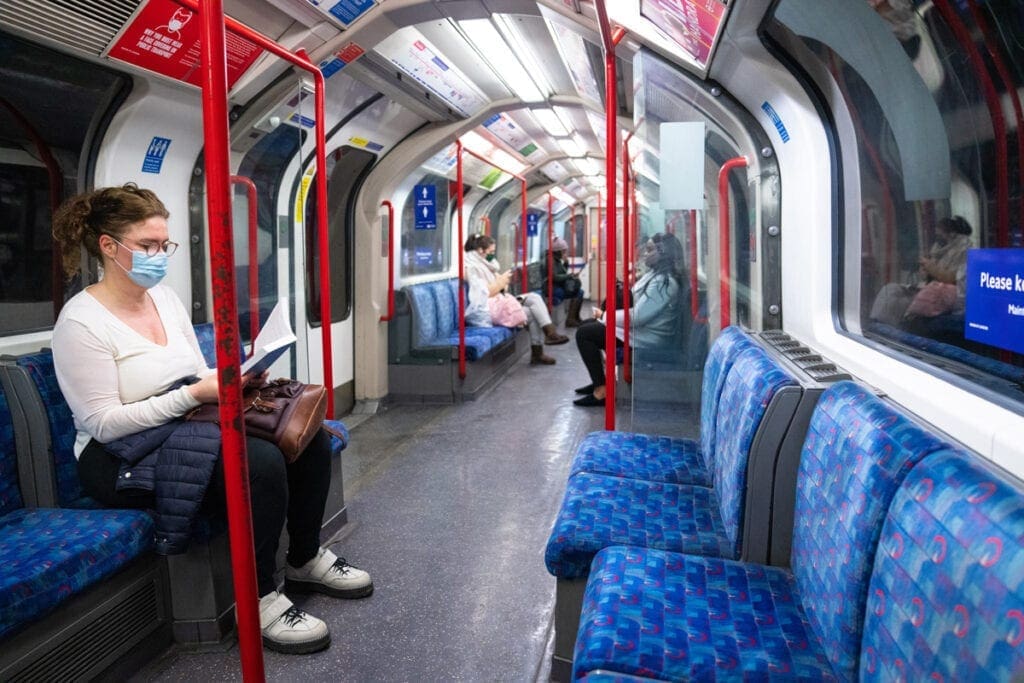
Demand for public transport will recover as lockdown restrictions ease but travel patterns will be permanently changed, industry leaders predict.
Latest Government figures show bus usage outside London is at 46% of pre-pandemic levels after reaching a high of 63% in November 2020.
Related articles on The Railway Hub
- Dartmoor Line services to return for first time in half a century
- ScotRail: Rail services to be nationalised when Abellio contract ends
- UK railway news roundup
Rail passenger numbers have been even harder hit, currently standing at just 21% of normal following a recovery to 43% in September last year.
Network Rail chairman Sir Peter Hendy said last month that train timetables should not return in full even after COVID-19 restrictions are lifted, due to improved reliability.
The industry estimates that demand for commuter journeys may only return to as little as 60% of what it was before the crisis, due to the rise in people working from home.
David Brown, chief executive of bus and train firm Go-Ahead Group, insists that “people are going to come back” as there is a “huge amount of desire for people to get back to some normality”.
He accepted travel patterns “won’t be the same” but insisted there are “opportunities for getting different people back at different times of day”.
The transport sector needs to be “agile” to meet the needs of passengers through flexible ticketing and timetable changes, Mr Brown added.
Traditionally, operators have made a lot of their money – and put on as much capacity as possible – during the morning and evening rush hours, when people travelled to and from work.
But evidence after the first national lockdown ended last summer indicates that leisure travel will return quicker than commuting and business journeys.
Sir Peter said he would not be surprised if summer Saturdays ended up busier than the working week.
This could result in services being ramped up on routes serving popular recreational destinations such as seaside resorts, while engineering closures may be shifted from weekends to weekdays.
The long-term financial impact of the pandemic on train and bus operators is uncertain as the Government is still paying them a huge amount of money to keep services running.
This is expected to cost taxpayers around £10 billion by this summer for rail alone.
But once that support is reduced, operators will be forced to take action to balance the books.
This could mean the withdrawal of services and routes with the least demand, and an increase in ticket prices.
Rail passengers in England and Wales have already been hit by an above-inflation fares rise this year.
Firms may also be keen to reduce staffing in line with service cuts.
But this would be strongly opposed, particularly on the railways where there is a long history of industrial disputes.


